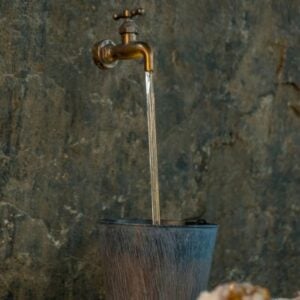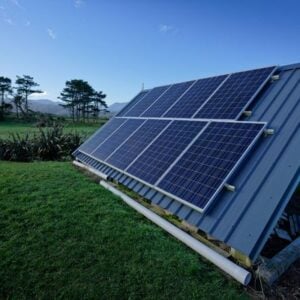The Institutional and Sustainability Support to Urban Water Supply and Sanitation Project in Angola, funded by the African Development Bank since 2015, has had a transformative impact on communities struggling with access to safe water and sanitation. Previously, many families relied on distant river sources, leading to high rates of waterborne diseases. Now, with improved water access, communities have seen significant reductions in illnesses such as cholera and other infections, reflecting the project’s direct contribution to public health.
The project’s impact goes beyond clean water delivery. In cities like Sumbe, the construction of a massive Wastewater Treatment Plant (WWTP) has drastically improved sanitation for a population of 350,000—where previously, no wastewater treatment infrastructure existed. Stories like that of Isabel Sambovana, whose life was changed by the installation of a latrine, illustrate the tangible improvements in dignity and hygiene.
Over the course of a decade, the project has facilitated over 59,000 household water connections, benefiting more than 472,000 people directly. It also supported the legal establishment and capacity-building of seven utility companies, promoted women’s economic empowerment through 179 women-run water kiosks, and established three water quality laboratories across different provinces. Sanitation investment plans have been developed for 11 coastal cities, with several projects already moving into the investment phase. The project also integrated gender and social inclusion strategies and launched an internship program that trained 60 young professionals in areas such as engineering, finance, and environmental management.
According to Eskendir Alemseged, the African Development Bank’s project task manager, this initiative addressed institutional reform, infrastructure gaps, and service delivery inefficiencies across Angola. While 472,000 people gained direct access to clean water, nearly 1.5 million people benefited indirectly through enhanced service systems and broader reforms. The project’s holistic approach has laid the foundation for long-term resilience and equitable access to water and sanitation.
The impact of the project also extends to youth empowerment. At the Sumbe WWTP, 20-year-old intern Gilda Giza Rede, the only female among 10 interns, is training as an electromechanical maintenance technician. She sees the project not only as a career opportunity but as a tool for disease prevention, environmental sustainability, and agricultural support through the production of organic fertilizer.
This project exemplifies how access to clean water and proper sanitation is not just an infrastructure goal but a driver of public health, gender equity, youth development, and economic resilience. For the African Development Bank, “water is life” is more than a phrase—it is a mission to improve quality of life across Angola.






